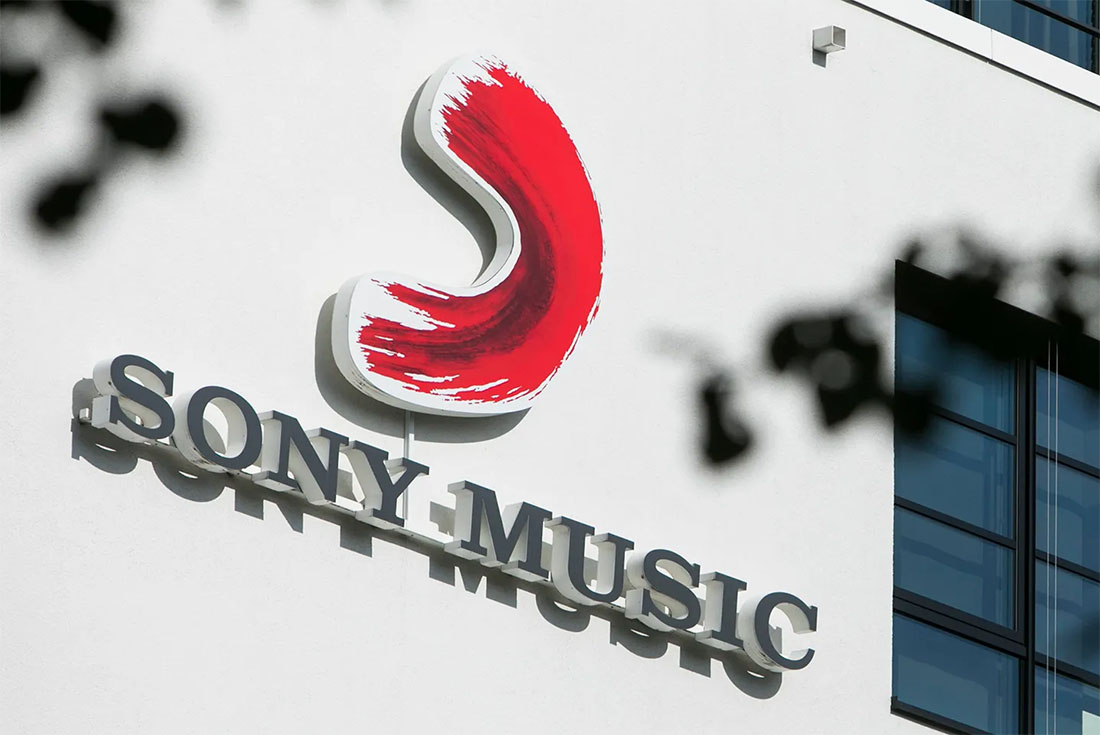
Photo Credit: Sony Music
In a bold move that echoes through the corridors of the music and tech industries, Sony Music Group (SMG) has issued a clarion call to over 700 companies, including behemoths like Google, Microsoft, and OpenAI, demanding accountability for the potential unauthorized use of its copyrighted music in training artificial intelligence (AI) systems. This action is not just a statement but a testament to the value Sony Music places on the rights of its artists and the integrity of their work.
Sony Music, home to superstars such as Beyoncé and Adele, has taken a firm stance against the use of its songs for AI training, development, or monetization without explicit permission. The company’s portfolio, rich with audio and audiovisual recordings, cover artwork, metadata, lyrics, and more, represents a treasure trove of creative expression that Sony insists must be respected and compensated appropriately when used in the burgeoning field of AI.
The tech giants in question are now under the spotlight, tasked with providing detailed accounts of how they may have utilized Sony Music’s content. The inquiry seeks to uncover the specifics of song usage, access methods, the extent of replication, and the rationale behind the existence of such copies—if they exist at all. Sony Music’s approach is not without flexibility, however, as the company expresses willingness to negotiate licensing agreements for future AI applications, provided they are within the bounds of legality and respect for copyright.
The implications of Sony Music’s demands are far-reaching, touching upon the very essence of copyright law and its intersection with AI technology. As the EU prepares to enact its AI Act, the legal landscape is set to shift, mandating greater transparency and adherence to copyright holders’ opt-outs. This includes the obligation to disclose summaries of training data employed and ensuring compliance with EU copyright laws.
The debate over the legality of training AI with copyrighted content is not new, but it has gained renewed urgency in light of Sony Music’s actions. While there are exceptions for businesses with lawful access to content, the question remains whether training AI tools on such content constitutes infringement or falls under fair use and “temporary copying” exceptions.
As the tech industry grapples with these questions, the outcome of Sony Music’s initiative will likely set a precedent for how AI systems are trained and how intellectual property is protected in the digital age. With the EU AI Act on the horizon and related court cases unfolding in the US, the stage is set for a legal and ethical showdown that could redefine the boundaries of creativity and machine learning.
Sony Music’s declaration is a powerful reminder that at the heart of every technological advancement, there must be a respect for the human artistry that fuels innovation. As AI continues to evolve, it is imperative that the rights of creators are not overshadowed by the allure of artificial intelligence. The sound of silence from the tech giants in response to Sony Music’s demands will speak volumes about the future of AI and copyright in the music industry.

















